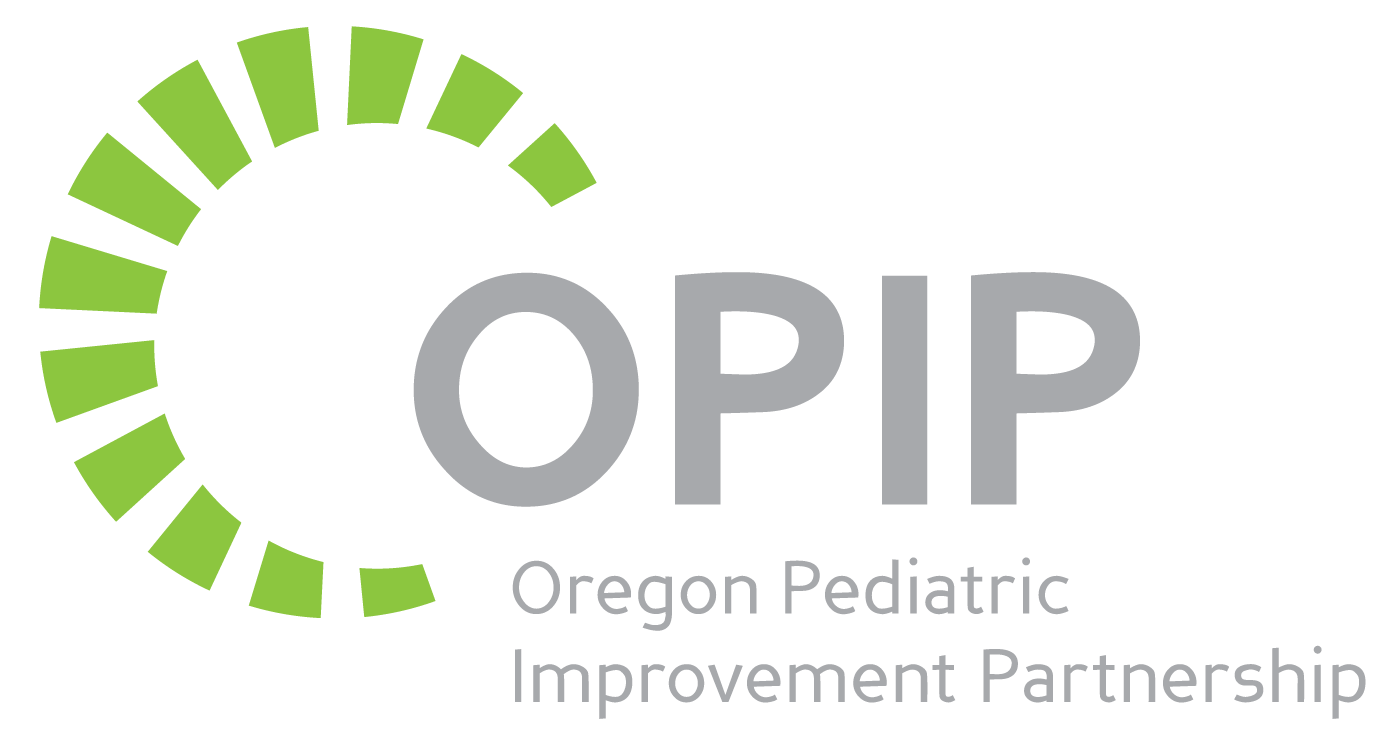PAST PROJECT
Funded by The Ford Family Foundation, Galvanizing Efforts for Children with Health Complexity is a collaborative project aiming to support local communities to engage partners, galvanize action, and support improvement efforts focused on children with health complexity. Initiated in 2019 in response to a growing understanding of the chronic and long-term impacts of health complexity, this project is meant to support community-level engagement in Douglas County to obtain commitment to improvement efforts focused on children with health complexity, and then to support improvement efforts identified and prioritized.
Douglas County Community-Level Engagement 2019-2022:
Community-level engagement began in November 2019, has involved numerous community level meetings and the formation of a local Steering Committee and resulted in a community-informed Call to Action:
- List of Steering Committee Members
- Douglas County Call to Action
- Douglas County Video link
- OPIP Presentation Summarizing Douglas County’s Key Child Health Complexity Findings
- Community Level Meetings:
- March 2020 Community-Level Meeting – criterion were reviewed for design parameters to be used to identify activities for OPIP to conduct through course of the project.
- November 2021 Community-Level Meeting – work with local partners was reviewed, and OPIP introduced the two priority-population health strategies confirmed by the local steering committee.
- October 26th Meeting – Galvanizing Action for Young Children Birth to Five with Health Complexity in Douglas County: Addressing Their Social-Emotional Health & Behavioral Health Needs – OPIP created a Community Summary reporting back the input from the community on actions to prioritize in 2022 to increase CCO-covered Social-Emotional Health for Young Children.
Galvanizing Efforts for Children with Health Complexity continues in 2023
OPIP will maintain a focus on actions targeted towards publicly insured children with health complexity in Douglas County, with the aim of improving the systems and services meant to enhance their health.
Component 1: OPIP will support strategic individual, group and community -level meetings that engage stakeholders across systems on efforts focused on children with health complexity. This will include:
- Communication about the updated release of the community-level health complexity data,
- Communications about the use of health complexity data among community partners,
- Meetings with system and community-level leaders, and the three Douglas County CCOs,
- Strategic and targeted consultation, support and coaching to clinical, early learning & community-based providers on opportunities and advocacy to consider relative to the System-Level Social-Emotional Metric
- Development of a communication document/podcast spotlighting the community-level effort in Douglas County focused on children with health complexity.
Component 2: OPIP will support activities aligned with the priority, Behavioral Health Access and Capacity for Children and Youth with Health Complexity in Douglas County
- Facilitation and engagement with Parent Advisors on the activities that OPIP will lead to ensure improvements are parent-centered and parent-informed.
- Implementation and Technical Assistance to Umpqua Health Alliance and the information they publicly share on behavioral health provider to inform referrals, awareness of capacity, and support parent/youth access of behavioral health.
- Technical assistance to Umpqua Health Alliance on a pilot of Intensive Case Coordination specifically for children with health complexity.
- Development of a strategic summary of the Professional Development needs of behavioral health providers in the region that address pain points and topic areas for training priorities that would enhance services for children with health complexity in the region.
Funding Disclosure
This work is supported by The Ford Family Foundation. The Ford Family Foundation was established in 1957 by Kenneth W. and Hallie E. Ford. Its mission is “successful citizens and vital rural communities” in Oregon and Siskiyou County, California. The Foundation is located in Roseburg, Oregon, with a Scholarship office in Eugene.

